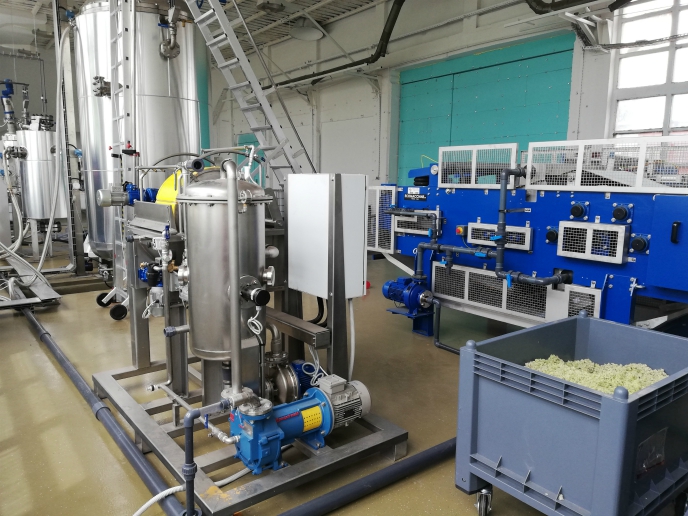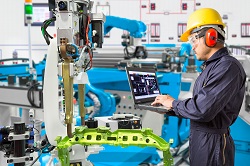Teaming up for an effective logistics sector
Conventional logistics operations create inefficiencies as freight companies have separate contracts with many shipping companies, effectively meaning wasted capacity. A more economical model, called horizontal collaboration, means that shipping companies can share available space to reach maximum load efficiency and asset-utilization for mutual benefit. The EU-funded CO3(opens in new window) (Collaboration Concepts for Comodality) project took up the challenge of promoting the new business strategy's acceptance and making it work in practice. Overall, the aim was to contribute improvements to loading efficiency via collaboration among industry partners. The project's key innovation is overcoming previous barriers to the bundling concept by providing a clear set of rules and organisational structures. To deal with the European transport system's underutilized capacity, CO3 focused on horizontal collaboration. More than 100 interviews with key stakeholders helped demonstrate the virtues of this innovative solution. CO3 enabled such companies to identify potential bundling partners and to establish test projects. A methodology was devised for this identification and for the gathering of compatible shippers and overlapping freight flows. Collaboration models were also developed to link multiple shippers, one or more logistics service providers, and neutral trustees. Project partners developed a legal framework, gain-sharing rules and also business models in the form of a self-assessment workbook to remove managerial barriers to horizontal collaboration. They conducted seven real-life test cases throughout Europe, designed to supply important information to logistics practitioners such as businesses, shippers and logistics service providers. Concepts for gain sharing were also designed and tested. Much of the project's work has focused on dissemination, aimed at achieving a 'mental shift' in the industry. Presentations were given at 44 conferences. In addition, it organised four conferences and six workshops. A database was set up containing 400 contacts for potential collaboration. CO3 led to a reduction in logistics costs and carbon footprint of 10-20 % and 20-30 %, respectively. Horizontal collaboration helps make the transport and logistics sector more efficient, effective and sustainable.







